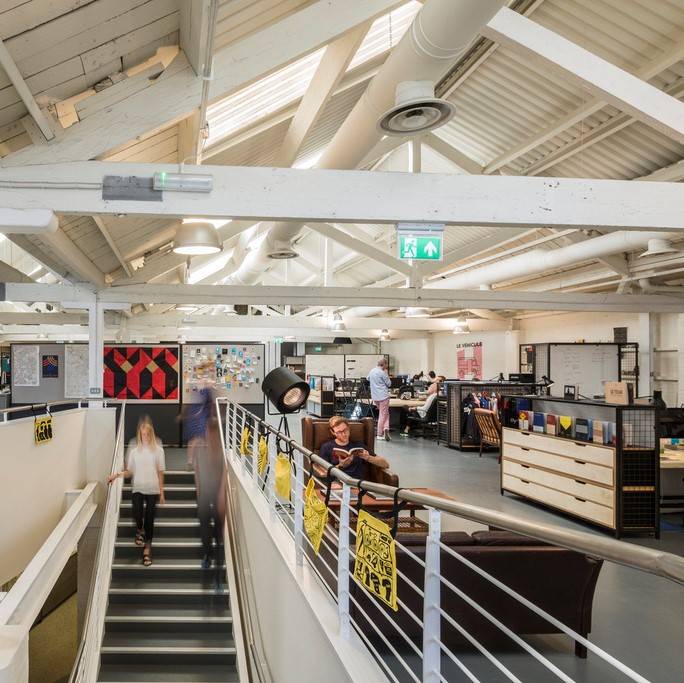March 2, 2018
Productivity, retention and employee wellbeing improve when there is workplace trust

Being in a reliable work environment increases retention, productivity and employee wellbeing, while also promoting a better business culture, finds new research from Bupa. An examination of workplace trust and the impact on employee wellbeing reveals that over half (53 per cent) of employees considered it to be a major factor in whether they stayed or left a company. The research found that nearly a quarter of UK employees (24 per cent) have left their company due to issues around trust. Although trust is not a tangible workplace benefits, such as salary and bonuses, it is an essential variable in promoting harmony and productivity within an organisation and the study suggests how important it is within the workplace, and also the contribution it makes to the wellbeing of employees and the overall performance of a company. The study also asked employees how trust compares to other company benefits. Nearly two thirds (62 per cent) believe that trust is more important than a gym membership or company mobile, while over half value it more than a free canteen (56 per cent) and company car (55 per cent).












 In a workplace dominated by insecurity, gig work and intelligent machines we need to improve our understanding of their potential impact on health, safety and wellbeing claims a new report.
In a workplace dominated by insecurity, gig work and intelligent machines we need to improve our understanding of their potential impact on health, safety and wellbeing claims a new report. 




 Financial services organisations are reducing the amount of commercial office space they require as they adopt more flexible work styles. This is according to a new report from HOK’s US team,
Financial services organisations are reducing the amount of commercial office space they require as they adopt more flexible work styles. This is according to a new report from HOK’s US team, 


















February 12, 2018
Luther, Marx, Engels and a nailed-on manifesto for workplace change
by Mark Eltringham • Comment, Facilities management, Workplace design
More →